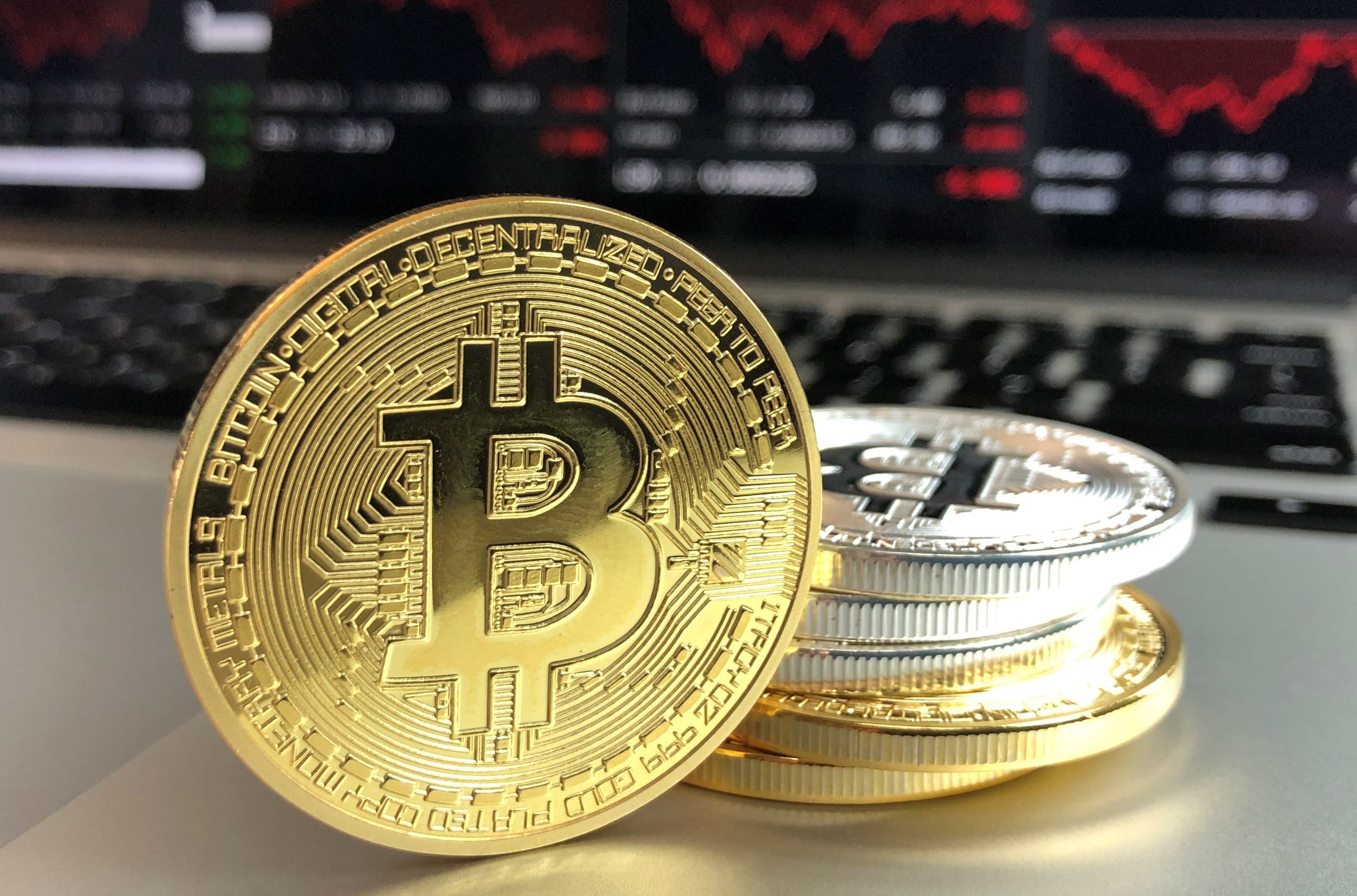I’ve mentored and advised many startup and early-stage companies over the years. The most common issue I’ve been asked to help with is fundraising. In fact, the majority of companies that approach me to solicit help (or an organization I’m associated with) seeks a solution for this one single problem. Often they want me to call colleagues and my network to make a direct connection with an implied recommendation.
So many companies are trying to raise money. I cannot help them all. It is impossible. And some shouldn’t get funding anyway. So I have a policy. I will provide general advice and information for fund raising but will not make any introductions. To do anything otherwise would be a disservice not only to me but also my network and to the company asking for helping.
The struggle to raise money for an early-stage company is something all must go through. It is a difficult task. The traditional methods are usually (but not always) somewhat in this order: the founders, friends & family, angel investors, early stage venture capitalists, the public (through various methods) and so on. Each of these have big negatives. Not the least of which is that it is very hard and time consuming to raise money in the old fashioned way. I’ve lived it so there is no one more sympathetic than yours truly.
The very difficult task of fund raising begs for innovation. Some of innovations include, for example, online crowd sourcing and its cousin ICOs (Initial Coin Offerings). There are others.
An ICO refers to an Initial Coin Offering. According to Wikipedia: “An initial coin offering (ICO) is a controversial mean of crowd funding centered around crypto currency, which can be source of funding for start-up companies. n an ICO, a quantity of the crowd funded crypto currency is preallocated to investors in the form of “tokens”, in exchange for legal tender or other crypto currencies such as bitcoin or ethereum. These tokens supposedly become functional units of currency if or when the ICO’s funding goal is met and the project launches.”
All fund raising methods have risk. But ICOs seem particular vulnerable. ICOs are extremely speculative and unregulated. It is a way to raise money by capitalizing on the crypto currency craze. Supposedly $1.6 to $ 2.0 billion has been raised in the last year. There be several bit coin offerings initiated every day. A few well known Silicon Valley venture capitalists endorse this method of fund raising while others are skeptical. But some people think about $300 million of the capital raised via ICOs are probably scams.
Not surprisingly, the SEC is now investigating several ICO offerings for fraud. Subpoenas are flying.
From the fund raising companies point of view ICOs give them the ability to raise money in a cheaper, faster way with less hassle. They may not have been able to raise the capital otherwise.
From the investors point of view ICOs are highly risky. Dan Gallagher who is a former SEC commissioner said ICOs are “the freaking Wild West – it is the “Wolf of Wall Street” on steroids.”
So it is definitely buyer beware in this market. I know of some people that have already been taken in by trading in the crypto currency in the “old fashioned” way and have already lost their shirts in the recent downturn.
Expect the SEC to increase regulation and scrutiny of ICOs and other innovative fund raising techniques. In the meantime, proceed with caution.



